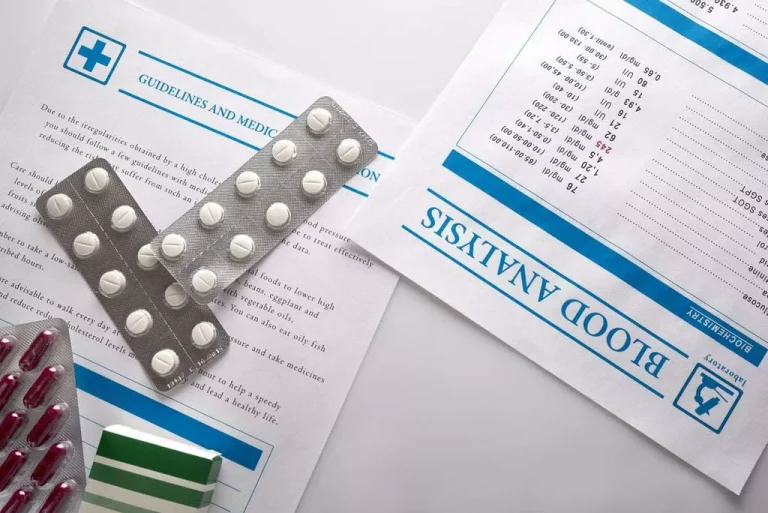
While many people who drink alcohol initially experience relaxation or euphoria, these feelings are temporary. Negative emotions, poor judgment, and changes to your vision, hearing, coordination, and memory-making abilities often follow. Receiving a formal migraine diagnosis is the first milestone when working with your doctor to identify a personalized and effective treatment plan. Continuing to talk with your doctor throughout the course of https://ecosoberhouse.com/article/why-is-alcohol-addictive/ your treatment is important for determining the strategies that prove beneficial and those that may not be as effective. Having a strong network of people who validate your experience and support you on the good days and bad is so valuable when you live with an invisible illness like migraine. If you’re interested in connecting with more people in the migraine community, we recommend joining our Facebook support group, Move Against Migraine.
Does Drinking Red Wine Give You a Headache? A New Study May Explain Why
- Unlike a hangover headache, cocktail headaches can be caused by even small amounts of alcohol.
- In conclusion, no significant association between alcohol consumption with migraine and tension headache was found in many studies [26, 28–30].
- Alcohol consumption causes a range of different physical symptoms.
- Anxiety disorders and depression are two of the most commonly reported mental illnesses among people who are diagnosed with migraine.
- The stomach lining may become irritated, increasing nausea and the chance of bleeding.
Although headaches can be painful and interfere with quality of life, in many cases, they are not caused by a potentially serious medical condition. Primary headaches can be treated by a healthcare provider such as a primary care provider or neurologist (medical specialist of disorders of the brain and nervous system) or at urgent care. Up to 72 hours after quitting drinking, you are at risk of developing severe headaches alongside a series of other complicated health risks, including the risk for seizures, delusions, and even hallucinations. Avoiding alcohol-related headaches involves a combination of responsible drinking and making smart choices before, during, and after consuming alcoholic beverages. Hangovers occur when the alcohol levels in your blood drop significantly—frequently the morning after you drink.

Life can be challenging: Build your own resilience plan
If you have alcohol use disorder and want help, a healthcare provider can guide you to resources and rehabilitation programs to help you quit. Know that alcohol and headaches your provider will be there to support you, not to judge you. Your healthcare provider will recommend and encourage treatment for alcohol use disorder.
Warning Signs You Need to Go See Your Doctor As Early As Possible

The content on this website is provided for educational purposes only. While it is doctor-verified, it is not intended to serve as medical advice, and users are advised to seek the advice of their doctors before making any decisions based on the information in this article. People can talk with their doctors about possible methods to prevent or ease alcohol-induced headaches. Other criteria for a person to have a migraine diagnosis include nausea or vomiting and sensitivity to light or noise.
Cluster headache
Making sure to drink plenty of water during and after alcohol consumption can decrease the chance of headaches. As a result, a female’s blood alcohol concentration tends to be higher, making it more likely for females to experience headaches and hangovers. 2020 research shows that females are more likely to experience hangovers, memory problems, and liver disease from consuming alcohol.
Climate change is making heat waves more frequent and severe
Everything You Need to Know about Alcohol-Induced Headaches
- Then, consider exploring more treatment options with our other free resources.
- Once it gets into your system, it is converted into a chemical that triggers migraine.
- Since alcohol can trigger migraine and tension headache attack, only a low percentage of headache patients should drink alcoholic beverages.
- “Historically, wine consumption has been linked to adverse effects such as headaches, flushed skin, and nasal congestion.
- Still, in population-based studies in various countries, including the U.S., Japan and Italy, researchers found that fewer people with migraine consume alcohol than those without migraine.
- Continuing to talk with your doctor throughout the course of your treatment is important for determining the strategies that prove beneficial and those that may not be as effective.
